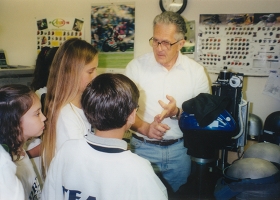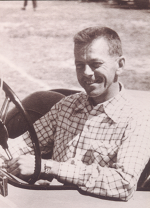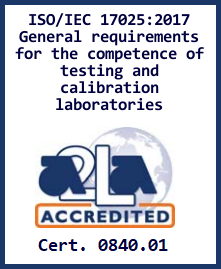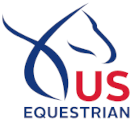About Snell Foundation
The Snell Foundation, Inc. is a 501(c)(3) not-for-profit organization dedicated to research, education, testing and development of helmet safety standards. Since its founding in 1957, Snell has been a leader in helmet safety in the United States and around the world.
Snell
William "Pete" Snell was a popular amateur sports car race driver. In 1956, during a Sports Car Club of America racing event, he died of massive head injuries when the auto racing helmet he was wearing failed to protect his head.
History
Established in 1957 after the tragic death of Pete "William" Snell, the Snell Memorial Foundation (now Snell Foundation) has been a leader in helmet safety both in the United States and around the world. For over 60 years, the Snell Foundation, a not-for-profit organization, has been dedicated exclusively to head protection through scientific and medical research, standards development, helmet testing, and public education.
Integrity
Snell maintains independence from helmet manufacturers. There is no manufacturer representative on the Snell Board of Directors. The Snell name and sticker on every certified helmet have become symbols of premium head protection. The trust from the riding public and the endorsement from all top level international and national racing authorities are demonstrated in their support for Snell Standards going back more than half century. Snell updates standards at least every five years based on new research findings and available technology.
Competence
For decades Snell has been known for its technical excellence and expertise in standards development and helmet testing. But Snell still submits itself to another recognized authority to demonstrate the quality of its own testing programs and procedures. Since 1997, the Snell Foundation's California laboratory has been awarded American Association for Laboratory Accreditation (A2LA new window) approval for helmet testing. A2LA is an internationally recognized authority administering quality laboratory accreditation programs to ISO/IEC Guide 25 "General Requirements for the Competence of Calibration and Testing Laboratories" (currently ISO/IEC
17025:2017 "General Requirements for the Competence of Testing and Calibration Laboratories"). The scope of the A2LA accreditation includes all of the tests covered in the Foundation's bicycle, motorcycle, auto racing, non-motorized sports and harness racing helmet standards. The accreditation confirms that the Foundation's California laboratory has the capability to perform Snell testing and has the quality control necessary to assure the accuracy and validity of Snell test results. The Foundation sought this accreditation as part of its continuing commitment to quality. Since its beginning in 1957, the Foundation has urged manufacturers to design and build quality protective helmets and has urged the public to seek out and wear them. As a recognized authority in helmet safety, it is proper that the Foundation submit itself to another recognized authority to demonstrate the quality of its own testing programs and procedures.
The Foundation looks forward to continuing in the A2LA program in order to increase the recognition and value of Snell Certification Programs for both helmet manufacturers and the helmet wearing public.
"General Requirements for the Competence of Testing and Calibration Laboratories"). The scope of the A2LA accreditation includes all of the tests covered in the Foundation's bicycle, motorcycle, auto racing, non-motorized sports and harness racing helmet standards. The accreditation confirms that the Foundation's California laboratory has the capability to perform Snell testing and has the quality control necessary to assure the accuracy and validity of Snell test results. The Foundation sought this accreditation as part of its continuing commitment to quality. Since its beginning in 1957, the Foundation has urged manufacturers to design and build quality protective helmets and has urged the public to seek out and wear them. As a recognized authority in helmet safety, it is proper that the Foundation submit itself to another recognized authority to demonstrate the quality of its own testing programs and procedures.
The Foundation looks forward to continuing in the A2LA program in order to increase the recognition and value of Snell Certification Programs for both helmet manufacturers and the helmet wearing public.
Expertise and Efficiency
Well trained and experienced Snell staff maintains state-of-the-art test facilities for helmet research and testing. Snell tests all models and sizes before certification and continuously tests random samples of certified helmets acquired from the market to ensure performance quality of helmets sold to the public. Over 3,000 helmets are tested every year in Snell’s certification and random sample testing programs to ensure the best head protection.

Research and Education
The Snell Foundation has been actively conducting and supporting research to understand the nature and severity of head and brain injury and to increase head impact protection in bicycling, motorcycling, auto racing, skiing and other non-motorized recreational activities. The education aspect of Snell’s commitment to safety and injury prevention is evident in its informative web site, brochures, posters, videos, and other informational materials, its meetings with community and consumer groups and its consultant role with manufacturers. The Snell lab has been a favorite destination for school field trips, bicyclist and motorcyclist club tours and training site for health and safety professionals. The Foundation helped the establishment of the Snell Research Center in 1996 and has provided financial and personnel support for the Center since then to strengthen and continue its efforts to reduce head injury.
Recognition
The Snell Standards are recognized in the U.S and worldwide through the support of the following organizations:
















